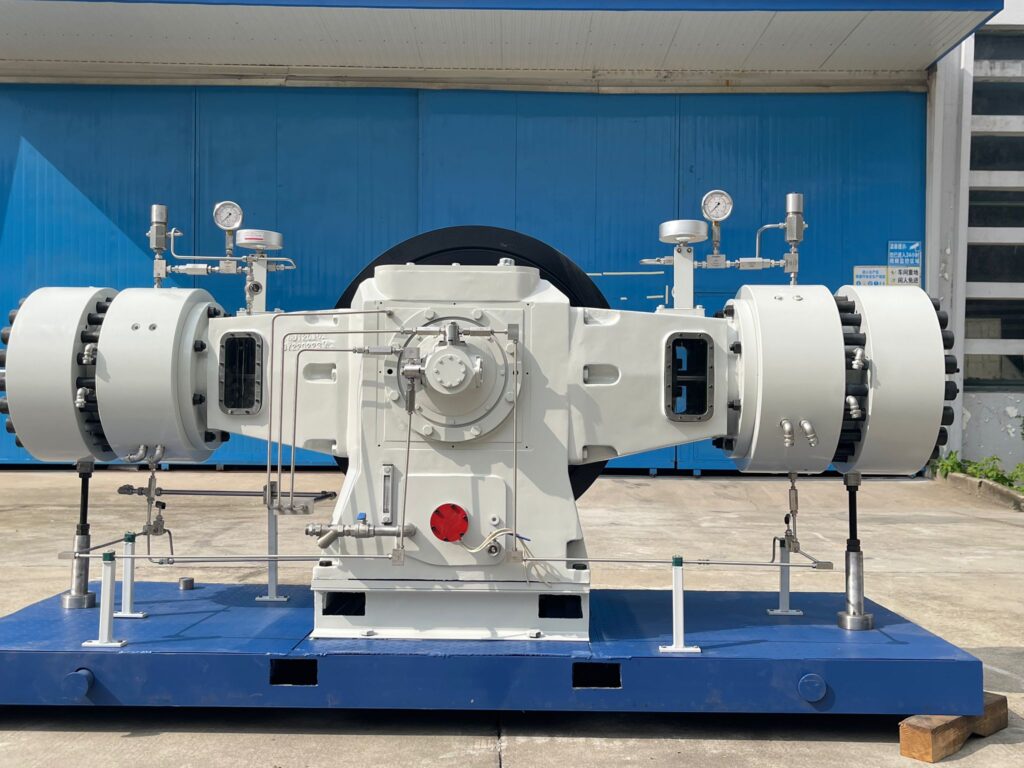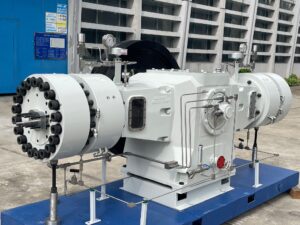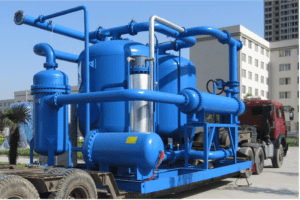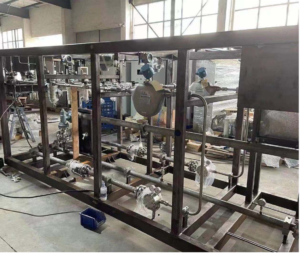最新新闻

Introduction to Hydrogen Compressors
Hydrogen, as a clean and versatile energy carrier, is gaining increasing attention as a potential solution to address climate change and transition to a sustainable energy future. One crucial aspect of utilizing hydrogen is its efficient storage and transportation, which often involves compression to enhance its storage density and facilitate its movement through pipelines or other transport systems. Hydrogen compressors play a vital role in achieving this compression, enabling the safe and effective handling of hydrogen gas.
Hydrogen compressors are specialized devices designed to increase the pressure of hydrogen gas, thereby reducing its volume and increasing its energy density. This process makes it feasible to store larger quantities of hydrogen in a given space and transport it efficiently to various end-use applications, such as fuel cells, industrial processes, and power generation.
- Hydrogen Fueling Stations: One of the most prominent examples of hydrogen compressor application is in hydrogen fueling stations for fuel cell vehicles. These stations need to provide high-pressure hydrogen gas to vehicles’ fuel tanks quickly and efficiently. Hydrogen compressors ensure that hydrogen is compressed to the required pressure, typically around 350-700 bar, enabling vehicles to refuel within a few minutes. This is critical for the widespread adoption of hydrogen fuel cell vehicles, as fast refueling times are comparable to conventional gasoline refueling and enhance the convenience for users.
- Industrial Processes: Many industrial processes require hydrogen as a feedstock or for specific applications, such as chemical manufacturing or metal refining. Hydrogen compressors are used to increase the pressure of hydrogen to match the requirements of these processes. For instance, in ammonia production, hydrogen is combined with nitrogen to produce ammonia, and the hydrogen gas needs to be compressed to high pressures for efficient reaction and separation.
- Hydrogen Pipelines: Transporting hydrogen over long distances requires specialized infrastructure, including pipelines. Hydrogen compressors are used at various intervals along these pipelines to maintain the required pressure levels. These compressors ensure that the hydrogen gas flows smoothly through the pipeline network without loss of pressure, optimizing energy efficiency during transportation.
- Hydrogen Storage: Compressing hydrogen is a key step in its storage process. Hydrogen is often stored in tanks at high pressure to maximize storage capacity. Hydrogen compressors enable the filling of these storage tanks and ensure that the stored hydrogen remains at the desired pressure until it’s ready for use.
In conclusion, hydrogen compressors are essential components of the hydrogen energy infrastructure, enabling the efficient storage, transportation, and utilization of hydrogen gas. As the world seeks cleaner energy alternatives, the role of hydrogen compressors in facilitating the hydrogen economy cannot be understated. Their application in fueling stations, industrial processes, pipelines, and storage systems exemplifies their critical contribution to advancing hydrogen as a sustainable energy solution.



